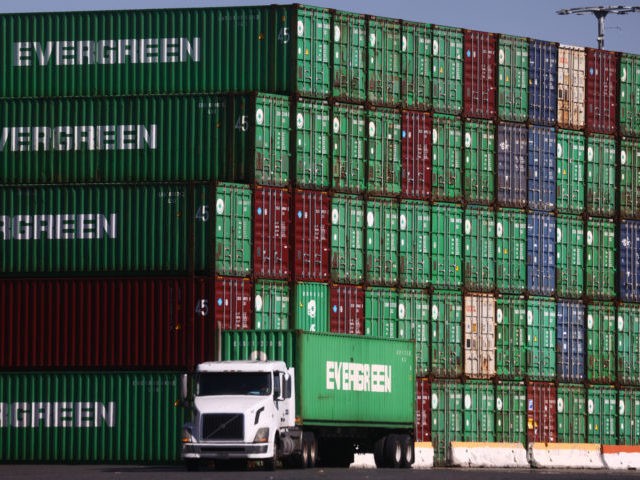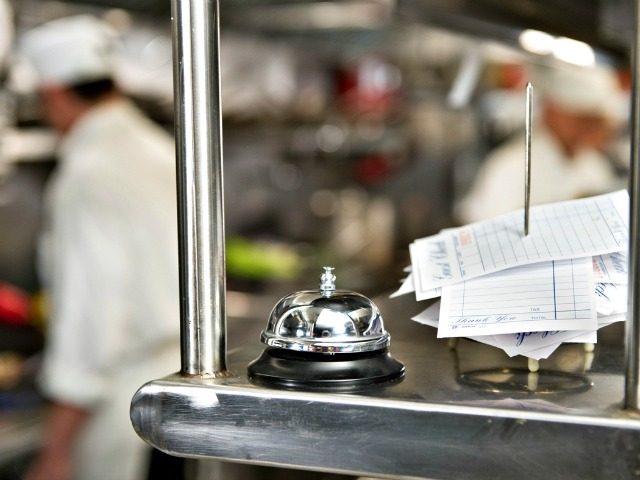Forty-five percent of small businesses throughout the nation are facing President Biden’s supply chain crisis, ABC News reported Monday on the U.S. Census Small Business Pulse Survey.
The number of small businesses impacted by the crisis has grown to 45 percent from 26.7 in 2021, when former President Trump was still in office.
Baltimore cafe owner, Rene Kirby, told ABC News that beverages and cups are not easily obtained from suppliers. “We just can’t serve the same size beverages, or sometimes any beverages, because they don’t have the cups we need in stock,” said Kirby, noting the price for the essential products has increased, making it “difficult for the consumer to buy these products.”
Owner of County Manners in southern Maryland, Jeremy Plemons, told the news organization he has not seen the supply chain crisis this chaotic in the six years of owning his business. Plemons explained he is struggling to obtain to-go boxes and plastic utensils to give customers.
“It would be one thing if I couldn’t find french fries, we can change that, but when we got nothing to put it in, it’s heartbreaking and stressful,” Plemons said.
Plemons said he often relies on other businesses to help him shore up the supply chain crisis that is impacting the local community. “We have been supporting each other a lot. If anyone needs anything, they know to call me, and I can always call them,” said Plemons. But neighboring business are not always stocked.

A truck drives past cargo containers stacked at the Port of Los Angeles, the nation’s busiest container port, on October 15, 2021 in San Pedro, California. (Photo by Mario Tama/Getty Images)
President and CEO of the Small Business & Entrepreneurship Council, Karen Keating, told ABC News the supply chain crisis for small businesses has been getting worse under the Biden-Harris administration. Keating also noted small businesses do not have the resources, like accountants, lawyers, or purchasing power, as big businesses do.
“Small businesses may have less sophisticated purchasing options, but they do have more flexibility due to their size,” Keating said.
Small businesses, which weathered Democrat lockdowns and coronavirus restrictions, are now faced with a supply chain crisis primarily due to a labor supply shortage, which Democrat unemployment policies on the state and federal levels have exasperated.
The lack of labor has caused trucking companies, large and small, difficulty in retrieving goods at seaports. President and CEO of the American Trucking Association told CNN on Tuesday that the industry is short 80,000 truck drivers, a “record high.”
The lack of truck drivers has jammed seaports, delaying full vessels entry to unload at the dock. Some ships are waiting up to two weeks to unload their cargo. The delay in unloading goods has caused ships’ return voyages back to Asia to be further delayed, increasing the price of shipping.
For instance, the price to ship a container from Asia to California was $3,800 in 2020. In October, the price has topped $17,000, according to supply chain technology company Freightos.
Follow Wendell Husebø on Twitter @WendellHusebø


COMMENTS
Please let us know if you're having issues with commenting.